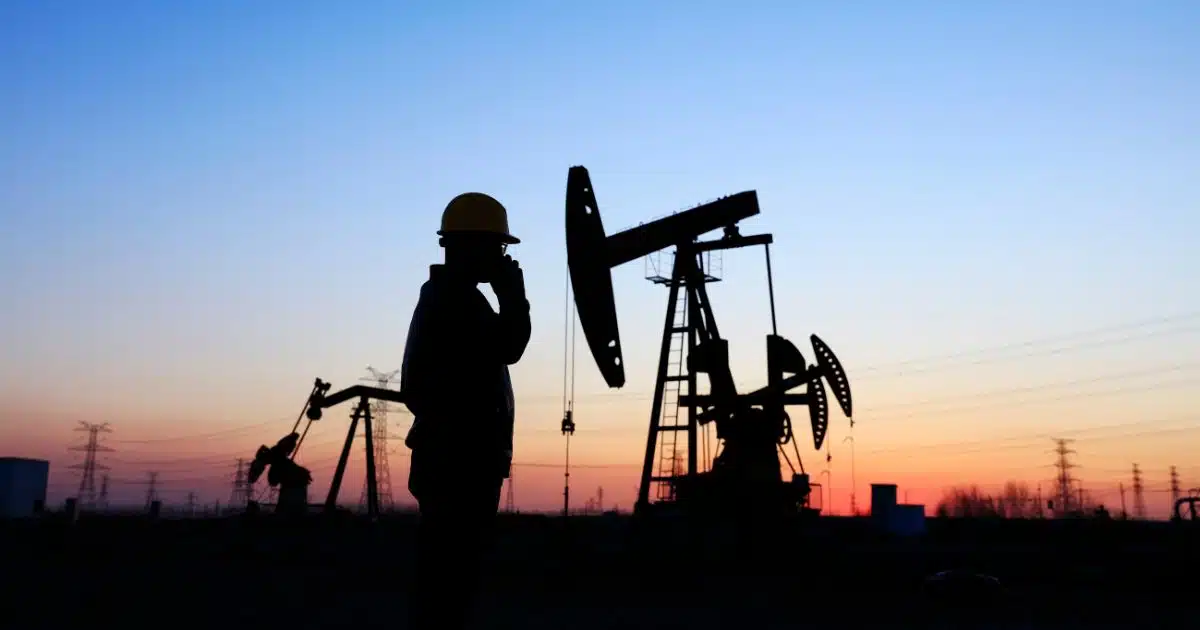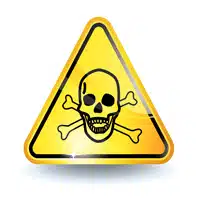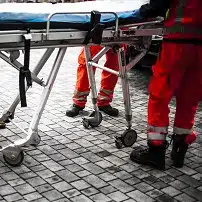The U.S. oil and gas industry supports much of this country’s energy needs but the work can be dangerous for employees. Accidents can be prevented, and it is up to employees and their employers to understand and practice important safety protocols every single day.
What Are the Safety Hazards for Oil and Gas Workers?
- Explosions and fires: The ignition of flammable gases and vapors like hydrogen sulfide can cause explosions and fires. They can be ignited by cigarettes, open flames, static electricity, welding tools, and other sources.
- Falls: Oil and gas workers who stand on platforms and other elevated surfaces can fall and become seriously injured.
- Struck-by/caught-in/caught-between: These happen when workers get struck or caught in or between hazards like high-pressure lines, falling equipment, or moving vehicles.
Other hazards include vehicle collisions, machine hazards, confined spaces, and hazardous energy. Here are safety tips for oil and gas workers and their employers:
Wear the Proper Safety Equipment
High-visibility clothing is crucial for oil and gas workers, and includes reflective, high-visibility fabrics and striping. Safety gear like helmets, the proper footwear, goggles, and respirators also prevent accidents and injuries.
Orientation and Training
Employers are responsible for workplace safety, and this includes ensuring that all employees are trained and given orientations when first hired. Part of this is learning safety procedures like a stop-work authority, and mentoring programs can help with all of this. Employees should also have documentation of the company’s standard operating procedures.
Everyday Safety
Even though oil and gas job sites are different from office workspaces, it is still important to remember the basics. Drilling areas must be clear of slippery surfaces, damage, and other tripping hazards. Proper lighting is also important. The rule of thumb here is to be aware of your surroundings.
When small accidents occur, they should be logged in and reported. This way, a minor issue can be addressed before it escalates. Serious site accidents must also be reported and thoroughly documented.
Short Service Employees
Some oil and gas workers are hired on a short-term basis and while the extra hands may be needed, they can present more risk to themselves and others. These workers should also have orientations and be properly trained and supervised. After all, they are exposed to the same hazards as the other employees.
Lock-Out Areas
During the extraction processes, certain areas and equipment are left dormant for repairs, testing, and equipment movement. These must be clearly marked with tags, signs, or tape. Employees who work in these areas have to be instructed on the procedures. Employers are responsible for explaining the dangers of reenergizing and restarting equipment that is in lockout or tag-out status.
Trained employees can be authorized to lockout machines, and no one else should attempt to do so. The trained workers can also be responsible for maintenance and repair operations. Untrained, unauthorized personnel can cause serious accidents when they do not understand or follow the proper procedures.
Vehicle Movement
According to the Occupational Safety and Health Administration (OSHA), four out of every 10 oil and gas worker fatalities are from vehicle incidents. Managers must manage the safety protocols for employee transportation, which is often in distant, remote areas. Trained drivers should complete pre-trip inspections and should never speed. It is also best to only use approved driving surfaces and to be alert for any hazards.
Maintenance Procedures
Like any other worksite, maintenance is key for safety. This pertains to more than just the equipment; vehicle and tool maintenance is also important. There should be maintenance schedules and regular walk-throughs to check the site for possible problems and adherence to safety rules: complacency leads to work-related accidents.
Physical and Mental Health
Oil and gas industry work can take a toll on one’s physical and mental health. If you have chronic pain, see a doctor. The same holds true for your mental health. When you are not feeling well at work, focus and alertness can be impacted. It only takes a second to become injured when you are distracted. Just as importantly, if you have a chronic illness, get that checked out as well. It could be serious and could be work-related.
Understand Emergency Procedures
Drilling rigs are constantly changing work environments, and employees get moved around from spot to spot. This means that you might be familiar with your area, but not others. Walk the job every now and then to understand where things are. Look over the emergency evacuation plan, know where the safety equipment is, and memorize the escape routes.
Speak Up
Oil and gas industry employees who notice hazards can do themselves and everyone else on the site a big favor by pointing them out to supervisors. This is all about open communication, which should be encouraged by employers. That goes both ways, of course. Safety managers have to be proactive about communicating workplace risks in real time. Weekly safety meetings, emails, and other methods keep everyone in the loop and should be an important part of the workplace.
Hazardous Energy Accidents
Oil and gas industry workers can be injured or lose their lives when hazardous energy is not safely controlled. Accidents can lead to burns, crushing, electrocution, lacerations, fractures, amputations, and worse. Here are some examples of how these accidents happen:
- A piece of equipment’s internal wiring shorts out and electrocutes an employee.
- A conveyor system jams and then releases suddenly, crushing an employee who was attempting to fix it.
- A steam valve suddenly turns on, burning the employees who were working nearby.
The Delaware Work Injury Lawyers at Rhoades & Morrow Offer Trusted Legal Guidance to Injured Oil and Gas Industry Workers
If you work in the oil and gas industry and were seriously injured on the job, it helps to have an experienced team on your side. At Rhoades & Morrow, our knowledgeable, skilled Delaware work injury lawyers have handled many of these cases and always fight to protect our clients’ rights. For a free consultation, call our Wilmington, Delaware offices at (302) 427-9500 or complete our online form. With offices in all three counties of Delaware, we serve clients throughout the state.





